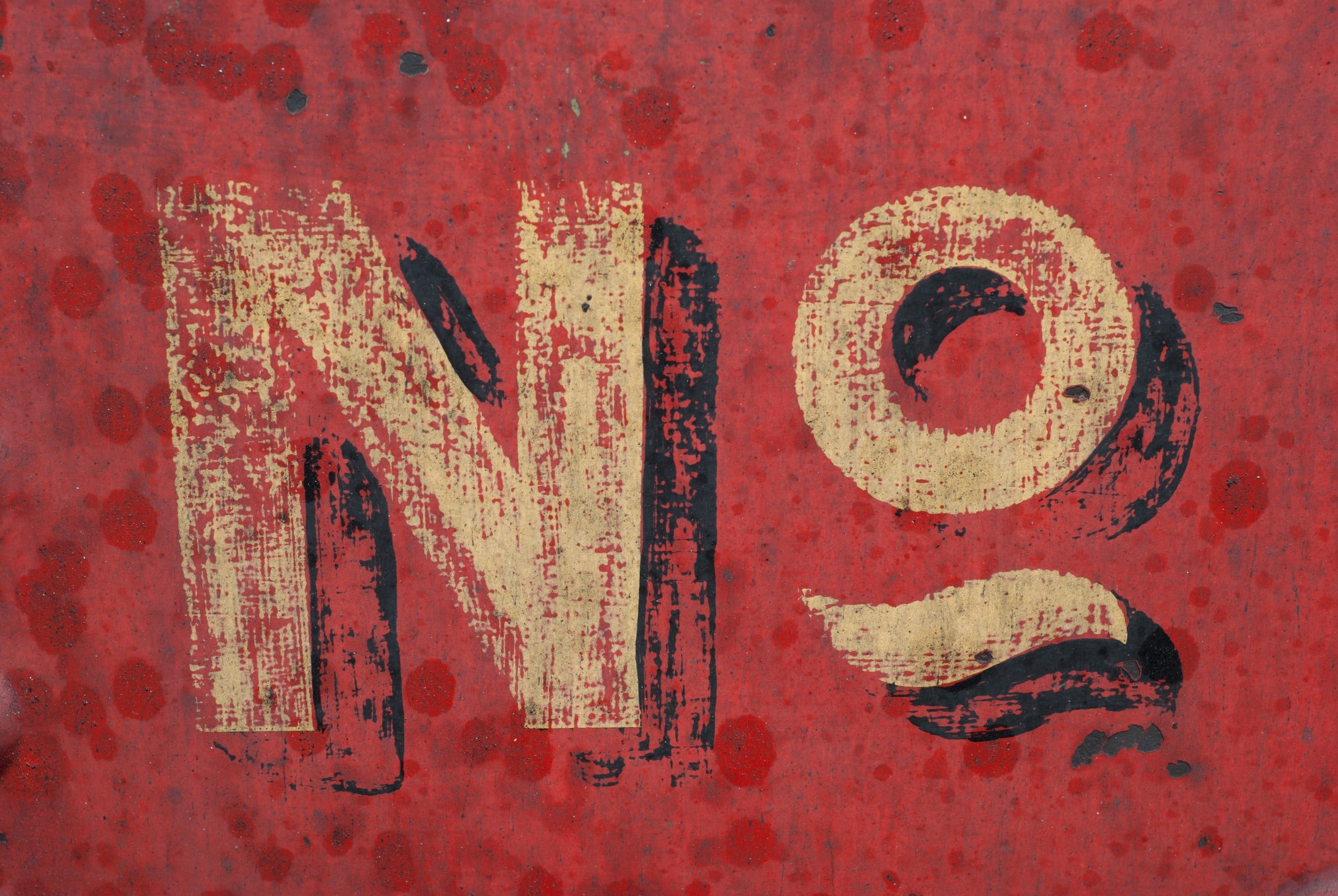John, a man in his late 20s, well-educated, and from a loving family home is sitting across from two executives in a modern, fishbowl-style boardroom. We hear the faint murmur of keyboards clacking, phones warbling and footsteps on carpet. John has hung up his suit jacket on his chair. Amanda is looking through his crisp white resume, scribbling notes and lines on it every so often. Peter, who is wearing an open collar chequer shirt, has his hands clasped in front of him on the oak table. John is angling to be their next communications manager.
John feels that the interview is going well. He’s answered all their questions without so much as a stumble, and the vibe in the room is upbeat, positive. He has a strong rapport with both Amanda and Peter, and they seem to be warm to him.
“So,” Peter says, “Do you have anything you want to ask us?” Amanda places the resume on the table and meets John’s gaze.
“I do,” John says, smiling. “What happens if you don’t find a suitable candidate?”
Both stare him a blank.
John clears his throat and shuffles around in his chair. “For this job, I mean. What happens next?”
Amanda narrows her eyes and cocks her head. “I’m not sure what you mean by that.”
“Well, do you each have a boss? Someone you both report to?”
“Yes, of course,” Peter replies.
“So, let’s say you don’t find the right person. What happens next?”
Amanda and Peter turn to each other. Wheels are turning in Amanda’s head as she begins her reply at John
“Well, we’d have a meeting with our senior partner in charge of recruitment,” she says. “We’d outlay all the candidates and provide reasons why they were unsuccessful.”
John nods his head. “Yes, go on.”
Peter leans back, easing himself into the hypothetical.
“Then we would plan for how to fill the position.”
“I see,” John says. He searches his lap for a moment, and asks another question.
“So how would you find new candidates?”
“Oh, we’d ask the recruitment company to conduct a wider search. Cast a wider net.”
“Would you offer more money? More benefits?” John asks.
Peter cracks a wry smile. “That’s up to our senior partner,” he says with a smirk of pride.
A beat of silence follows. John is lost in thought for a moment.
“And who would be responsible?”
Without hesitation, Peter answers.
“Oh, the recruitment company. They should have done their job, considering we’ve paid for a service.”
Amanda agrees. “Absolutely. If they don’t perform again, we’ll probably find another recruitment company who will.”
“Yes, I see,” John says. “Would the senior partner get upset?”
Peter clears his throat again. “Kevin can be a hot-head at times, but I can’t see him getting that upset about it.”
“No,” Amanda clarifies, “I doubt he’d call for our heads, or anything like that,” she laughs. Peter laughs too, though John can see he’s a bit nervous.
“Cool,” John says. “Well, I can tell both of you right now how you can avoid that meeting, if you’d like. Just a complimentary thing,” he holds up his hands in mock surrender. “No strings attached.”
The pair both lean forward to listen. “Shoot,” Peter says, smiling.
“You could hire me right now, and you wouldn’t ever have to schedule that meeting. Just saying.”
John smiles as both Peter and Amanda chuckle.
A little later, John shakes both Peter and Amanda’s hand and thanks them for their time. He wishes them the best of luck in their search. Peter and Amanda are puzzled.
Evaluate the following:
Why did John decline the position?
What did the hypothetical meeting tell John about the company?
Would you work for this company, given the information provided?













